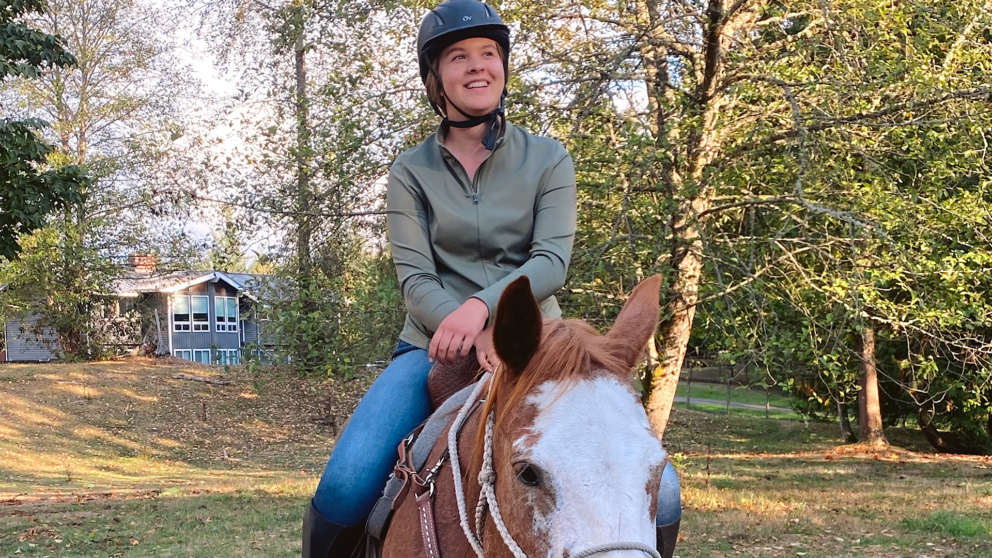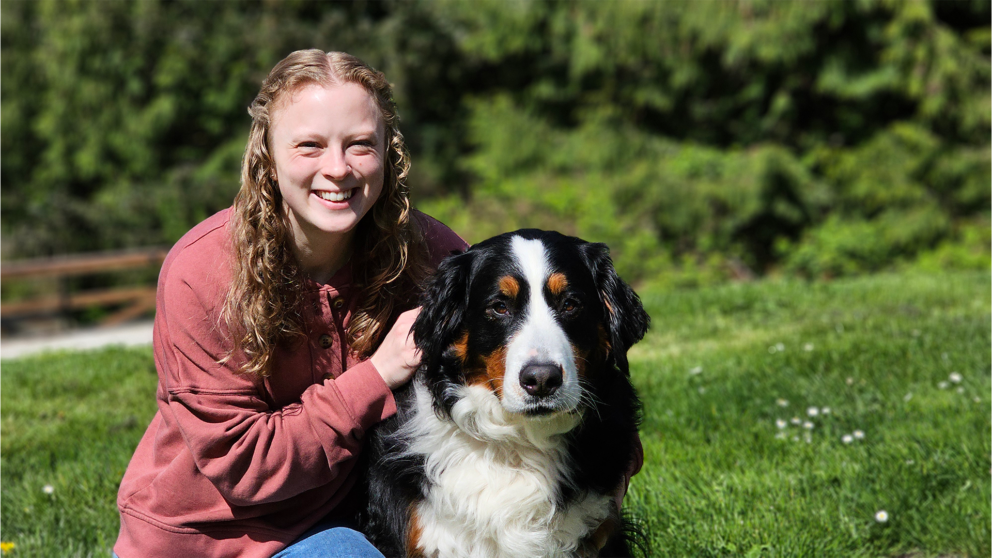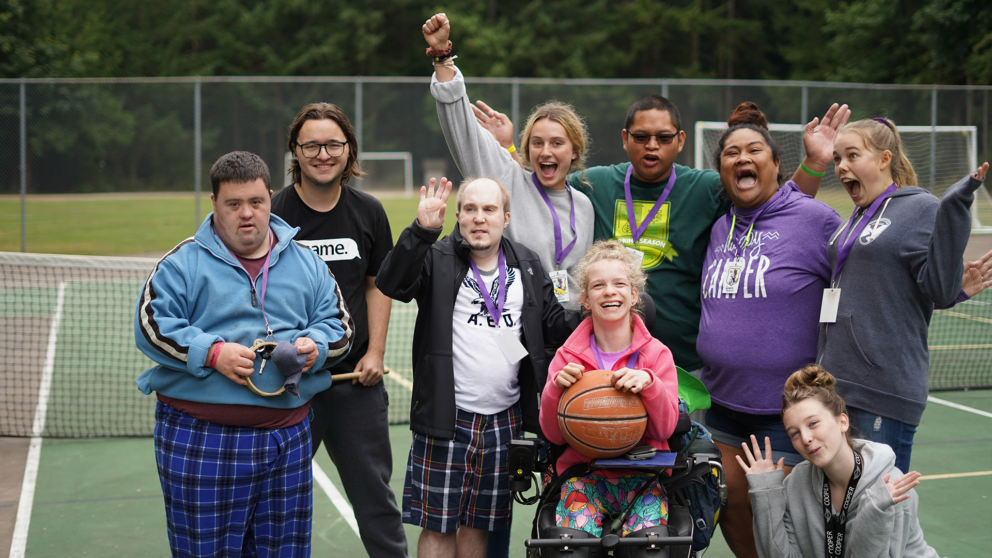Horse Assisted Learning
What can you learn from a horse?
Trust, Personal Confidence and Life Skills!
Horses have much to teach us simply by being near them and connecting with them. Horse Assisted Learning classes offer participants the hands-on experience of working around and with horses.
In a therapeutic and safe environment, participants have the opportunity to interact with horses in a supervised curriculum based unmounted program. The horse is a partner in the therapeutic process along with the staff and student. Horses provide unique nonverbal feedback that allow us to help facilitate social, physical and cognitive skill development in humans.
Horses are highly sensitive to their environment and responsive to human emotional cues. With this sensitivity to subtle changes, horses often respond to people differently based on the individual’s emotional state. This feedback provides exceptional insight into the student’s internal process and a valuable opportunity for skill building. Non-verbal communication, problem solving, trusting another, asserting themselves, handling frustration, boundary setting, leadership, confidence, and relationships are all common themes that can be adapted to each individual student’s interpersonal lives, school, work and community.
Horse Assisted Learning is ideal for those who are not ready or able to take mounted classes, but desire the opportunity to learn about and work with horses at a suitable pace. Class sizes are up to 12 participants but the group is divided into small groups for a more individualized experience. This is an unmounted program.
2018 Session Schedule
Session 2: April 18-May 24
Session 3: September 10-October 19
Each session includes 6 classes, once per week. Participants will be placed in one of the following classes:
Thursday: 6:00-7:00 pm
Class size: 4-12 participants
Length of class: 60 minutes
Ages: 7 – adult
Cost
$120 per session, 6 classes per session.
Registration
- Review the Eligibility Requirements
- Submit an application form to Ginger Reitz:
email: greitz@warmbeach.com
mail: Warm Beach Camp, 20800 Marine Dr, Stanwood, WA 98292 - Warm Beach Camp staff will determine the suitability of this activity for the prospective participant and if approved will place them in an appropriate class.
- Submit payment for session.
{slider Eligibility Requirements|open|green|icon}
Generally, participants will be able to demonstrate the following characteristics for participation:
Physical: Participants should walk independently on uneven surfaces, without assistant devices such as crutches, walkers or chairs. They should have the ability to move backward, sideways, stand and walk without falling. Demonstrate good neck and head control, shoulder stability and arm strength. Tolerate weight bearing exercises. Must have ability to have some hearing from a distance to be able to follow instructions. Therapeutic Vaulting participants must also be able to dismount immediately from the horse or the barrel.
Cognitive: Ability and willing to follow direction. Demonstrate healthy self-preservation. Demonstrate self-restraint in case of frustration.
Social: Ability to function in a group setting. Must be able to share. Demonstrate safe behavior around fellow vaulters and horse.
Health Condition Precautions & Contraindications
The following conditions, if present may represent Precautions & Contraindications to therapeutic horsemanship. Therefore, when considering participation, please note in the application form whether these conditions are present and to what degree. Medical consent from your physician may be necessary to include in any equine related activity.
|
MEDICAL/SURGICAL |
NEUROLOGICAL Chiari ii Malformation Hemophilia Hydrocephalus/Shunt Hydromyelia Seizures Spina Bifida Tethered Cord |
| ORTHOPEDIC Arthritis Atlantoaxial Instabilities Coxarthrosis Cranial Deficits Heterotopic Ossification Hip Subluxation & Dislocation Internal Spinal Stabilization Devices (such as Harrington Rods) Kyphosis Lordosis Non-weight Bearing (requiring transfers with a Hoyer-lift) Osteogenesis Imperfecta Osteoporosis Paralysis Pathologic Fractures Scoliosis Spinal Fusion Spinal Instabilities/Abnormalities Spinal Orthoses |
SECONDARY CONCERNS Acute Exacerbation of Chronic Disorder Behavior Problems (including aggression, self-mutilation) Indwelling Catheter Any form of Port G-tube/J-tube/NG Tube of liquid diet feeding Weight limit of 150 pounds (for mounted activities) |
{slider More about Horse Assisted Therapy|open|green|icon}
The purpose of Horse Assisted Therapy (learning) is to provide interventions that would not be possible with only a human provider. Animals interact with humans in a variety of therapeutic forms, but at the base of the interaction is a lessening of human stress and increase in mutual trust. Horses provide an additional aspect of the therapeutic process that many other animals cannot. They are prey animals and; therefore, they do not trust easily, demand respect to provide respect, and due to their size are not easily bullied or manipulated. Horses also live by a set of rules that is based on the family system. They are herd animals and their survival depends upon communication and their relationship with the other herd members. Horses read subtle changes in human body language, emotion, positive and negative energy, and basic intentions of others. Horse assisted psychotherapy utilizes the horse’s responsive nature as a therapy tool and part of the therapy team’s options for treatment. They are naturally curious, have individual personalities, and mirror human behavior.
We do not provide therapy. However, we do provide therapeutic moments and environments – that is defined by any activity that promotes personal growth or introspection. Horse Assisted Therapy is truly both educational and therapeutic.
{slider Who may benefit from Horse Assisted Learning|closed|green|icon}
Those with a combination of diagnosis such as but not limited to the following:
- ADD/ADHD
- Amputation
- Arthritis
- Autism
- Cerebral Palsy
- Developmental delay or disability
- Down Syndrome
- Emotional, behavioral, or mental health issues
- Foster or adoption
- Genetic conditions/disorders
- Head trauma/brain injury
- Hearing or Visual impairment
- Learning disability
- Muscular Dystrophy
- Orthopedic disorder
- Paralysis
- PTSD
- Spina Bifida
- Spinal cord injury
- Stroke
- Trauma
- Youth identified as “at risk”
Is this program right for me or my loved one?
With such a wide range of conditions potentially benefitting from Horse Assisted Learning, care is taken to select those who can safely participate. In order to be placed in a class, prospective participants must first submit a completed application form to the Director of the Therapeutic Horsemanship. Care is taken to make sure that each one can participate safely and be successful within the class structure we can provide. A physician permission to participate may be required. Medical and liability releases will be required.
{slider Cancellation Policy|closed|green|icon}
Cancellations prior to the start of class will be credited for full tuition minus a $50 administrative fee. No refunds are offered once class has begun. Exceptions may be made for emergencies. No refunds are made when missing a class offered as an alternative. Credit will be given for class cancellations made by the staff, not including weather or “Acts of God.” Generally, the program will follow the inclement weather school closure schedules of the Stanwood and Lakewood School districts.
{/sliders}



